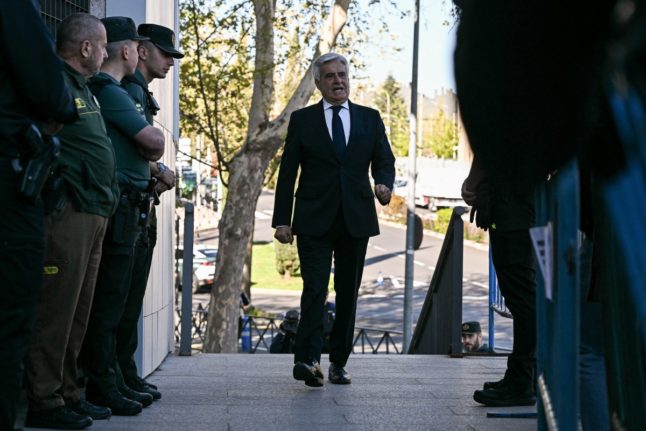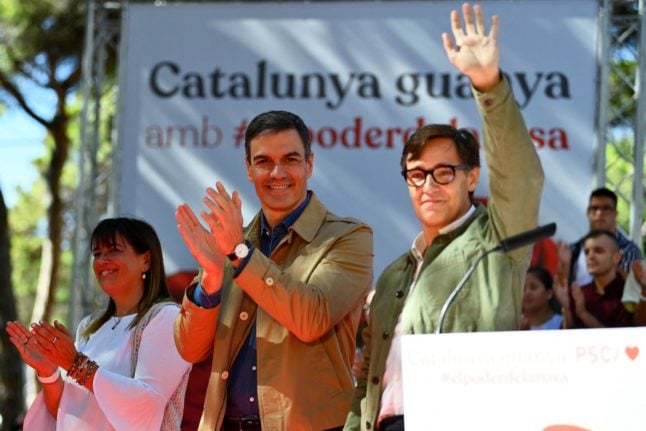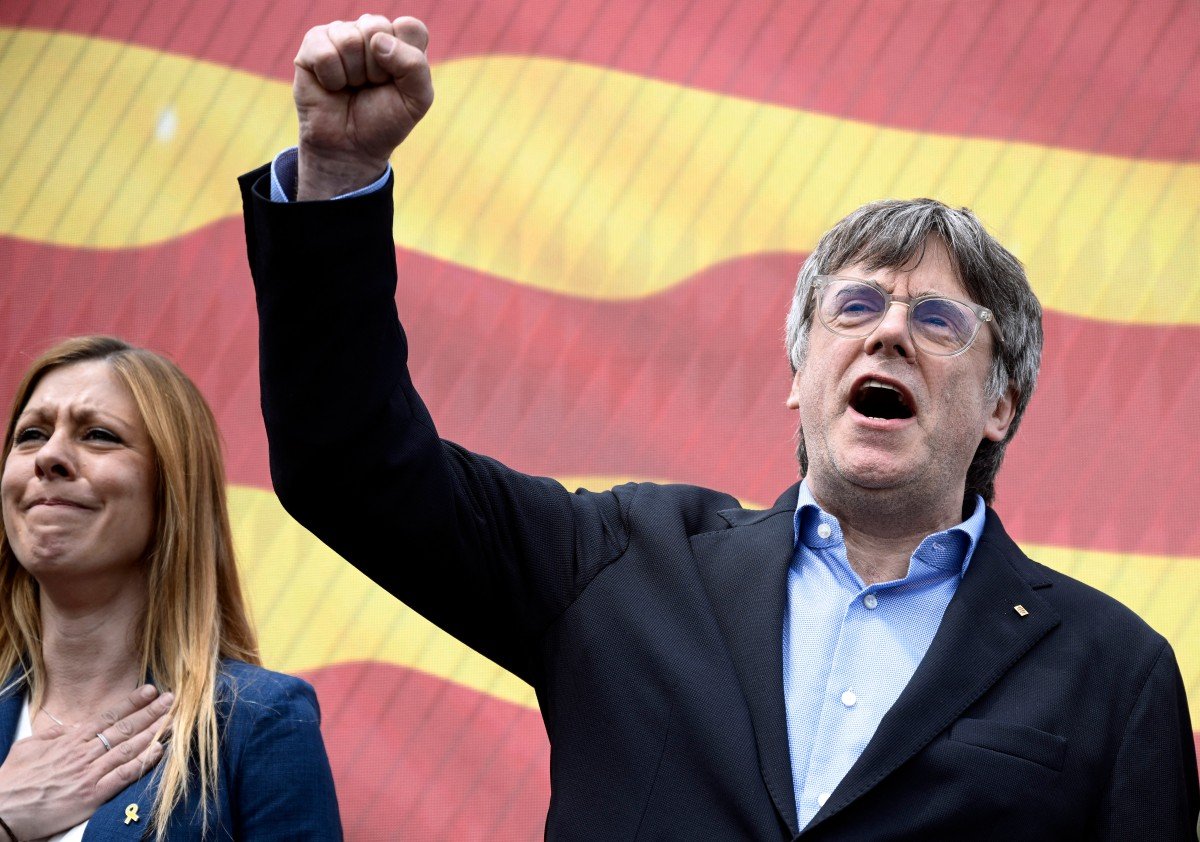“The Spanish government adopted this decision to redress the serious situation of the RFEF so that the organisation could enter a stage of renewal in a stable climate,” the National Sports Council (CSD), an agency dependent on the Ministry of Sports, announced.
Spain are set to host the 2030 World Cup along with Portugal and Morocco, but in recent months the RFEF has lurched from one embarrassment to another.
The CSD said it will create a “commission of supervision, standardisation and representation” led by “independent personalities” which will “oversee the RFEF during the coming months in response to the federation’s crisis and in defence of Spain’s general interests”.
According to the Spanish press, former Spain coach and 2010 World Cup winner Vicente del Bosque could be one of the members of this commission.
Former RFEF president Luis Rubiales resigned in disgrace last September after his forcible kiss on the lips of Women’s World Cup winner Jenni Hermoso and is now being investigated in a separate corruption probe.
The only candidate to replace Rubiales, Pedro Rocha, is also being investigated, while a report from the country’s leading sports court said the RFEF had taken decisions “beyond its remit”.
One such decision was the renewal of Spain coach Luis de la Fuente’s contract in February.
It was the sport court’s report that led to Thursday’s CSD decision to oversee the federation.
Elections for the RFEF presidency are currently scheduled for May 6th.
The Secretary of State for Sport and CSD president, José Manuel Uribes, on Thursday urged the RFEF “to limit its functions to the mere ordinary administration of the entity, as required by law”.
‘Unacceptable situation’
The CSD will meet again next Tuesday to analyse the situation and make a ruling, if necessary, on the corruption case opened by the sports court against Rocha, who took over from Rubiales on an interim basis.
In a year when RFEF will be responsible for Spain’s teams at the European Championship and the Olympic Games, the Spanish government is aiming “to restore the reputation, the good name and the image of Spanish football and complete the electoral process with a renewed assembly for the 2024-2028 period,” said Uribes in the CSD statement.
“We have to look after what we have in the future, the immediate future, which is the planning of the World Cup,” Uribes said in an appearance at Spain’s Congress of Deputies.
He pledged that the government will do everything to sort out the “unacceptable situation” at the RFEF.
Uribes also said he was “in constant communication with FIFA” regarding the RFEF.
“The CSD is going to guarantee that Spanish football maintains its excellence at the sporting level and also stands out as exemplary at the institutional level,” Uribes insisted on Thursday.




 Please whitelist us to continue reading.
Please whitelist us to continue reading.
Member comments